Have you ever wondered if those fancy construction screws are worth the extra cash? Or are drywall screws secretly the unsung heroes of your workshop? Well, let me tell you, this isn’t just a debate about screws—it’s a battle of strength, design, and practicality. And trust me, after reading this, you’ll never look at a screw the same way again.
This article dives deep into the insights shared by Stumpy Nubs (James Hamilton), a woodworking guru who’s been around the block (and the workshop) more times than most of us can count. His video on drywall screws vs. construction screws is a game-changer, and I’m here to break it all down for you. So grab your coffee, put on your safety goggles, and let’s get into it.
The Drywall Screw Dilemma: Stronger Than You Think?
Let’s start with the underdog: drywall screws. Stumpy Nubs admits that he’s used drywall screws for years in non-structural projects—like building shop lofts that held up an “obscene amount of weight” without so much as a creak. But before you start thinking drywall screws are the next best thing since sliced bread, let’s pump the brakes. While they’re strong enough for benches and even some furniture, they’re not designed for structural applications like framing a house or building a deck. So, no, you shouldn’t be using them to hold up your roof.
But here’s the kicker: drywall screws are cheap, readily available, and surprisingly durable for everyday projects. The problem? They lack some key features that could make your joints stronger and more reliable. And that’s where the fancy construction screws come in.
The Contenders: GRK vs. Spax vs. Deck Screws
Now, let’s talk about the heavy hitters: GRK screws, Spax screws, and good ol’ deck screws. Each of these has unique features designed to make your life easier and your projects sturdier. But are they worth the extra cost? Let’s break it down.
1. Spax Screws: The Serrated Thread Master
Spax screws are like the Swiss Army knife of screws. They don’t have fluted tips like deck screws, but they make up for it with their patented serrated threads. These threads chew up wood fibers and auger them out of the hole, reducing splitting and making it easier to drive the screw into hardwoods like maple. In Stumpy’s tests, Spax screws outperformed drywall screws and even deck screws when it came to minimizing splitting. Score one for Spax!
But here’s the catch: Spax screws have fewer threads compared to GRK and deck screws. This means less gripping power, which can be a problem if you’re not careful. In Stumpy’s tests, Spax screws struggled to embed fully in hardwood, and some even stripped out their holes before the heads were fully below the surface. So while they’re great for reducing splitting, they might not be the best choice for heavy-duty applications.
2. GRK Screws: The Hybrid Hero
GRK screws are the Goldilocks of the screw world—not too fluted, not too serrated, but just right. They feature a fluted tip and notched threads, which combine the best of both worlds. The tip severs wood fibers, and the notches help excavate chips, reducing splitting and improving grip. In Stumpy’s tests, GRK screws embedded themselves more fully than any other screw, even in hardwoods like white oak. And here’s the kicker: none of them stripped out their holes. That’s impressive.
But what really sets GRK screws apart is their aggressive head design. The cutting geometry under the head helps sever wood fibers, allowing the screw to sink deeper without stripping the hole. This makes them ideal for projects where you need maximum holding power. So if you’re building something that needs to last, GRK screws are worth the investment.
3. Deck Screws: The Reliable Workhorse
Deck screws are the middle child of the screw family—not as fancy as GRK or Spax, but still reliable and effective. They feature a fluted tip that bores its own pilot hole, reducing splitting and making them easier to drive into hardwoods. In Stumpy’s tests, deck screws performed better than drywall screws but not as well as GRK or Spax.
One advantage of deck screws is their double-bevel head design, which helps compress wood fibers and embed the screw below the surface. However, their larger head size can sometimes prevent them from going as deep as GRK screws. So while they’re a solid choice for most projects, they might not be the best option for heavy-duty applications.
The Head Design Factor: Why It Matters
Here’s something you might not have considered: the shape of the screw head can make a huge difference in how well it performs. Drywall screws have a bugle-shaped head designed to compress drywall paper without tearing it. But in wood, this flatter profile can be a weakness. When driven too hard, drywall screw heads can snap off or strip out the hole, leaving you with a weak joint.
On the other hand, construction screws like GRK and Spax have conical-shaped heads that compress wood fibers more effectively. Some even feature ridges or ribs that help sever fibers, allowing the screw to embed deeper without stripping the hole. This is why head design is such an important factor when choosing screws for your projects.
The Pilot Hole Advantage
Here’s a pro tip: always use a pilot hole and countersink when driving screws into hardwood. This simple step can make a world of difference, even if you’re using drywall screws. A pilot hole reduces splitting, while a countersink allows the screw head to embed fully without stripping the hole. And if your drill has a clutch feature, use it! This can help prevent overdriving and ensure a tight, secure joint.
The Verdict: Which Screw Should You Use?
So, what’s the bottom line? Here’s a quick summary:
- Drywall Screws: Great for non-structural projects like benches and furniture, but lack features like fluted tips and serrated threads that can make joints stronger.
- Spax Screws: Excellent for reducing splitting, but may struggle with gripping power in hardwoods.
- GRK Screws: The best all-around option for heavy-duty applications, with superior head design and holding power.
- Deck Screws: A reliable choice for most projects, but may not perform as well as GRK screws in hardwoods.
Ultimately, the best screw for your project depends on what you’re building and how much strength you need. But one thing’s for sure: investing in high-quality screws like GRK or Spax can make a big difference in the longevity and durability of your projects.
Bonus Tip: Upgrade Your Bits with Amana’s Astra HP Coating
While we’re on the topic of tools, let’s talk about router bits. Stumpy Nubs swears by Amana’s Astra HP coating, a microscopically thin, ultra-hard coating that reduces friction and heat buildup, extending the life of your bits. If you’re using your router bits regularly—especially for CNC work or pattern cutting—this coating is a game-changer. Check out Amana’s Astra HP-coated bits on Amazon and see the difference for yourself.
Final Thoughts: Screws Are More Than Just Fasteners
At the end of the day, screws are more than just fasteners—they’re the unsung heroes of your workshop. Choosing the right screw can mean the difference between a project that lasts for years and one that falls apart in months. So next time you’re at the hardware store, think about what you’re building and choose your screws wisely.
And hey, if you’re looking for more woodworking tips, tricks, and plans, check out Ted’s Woodworking Plans. Whether you’re a beginner or a seasoned pro, there’s something for everyone.
Join the iNthacity Community
Loved this article? Want to be part of a community that’s as passionate about woodworking as you are? Join the iNthacity community today! Share your thoughts, ask questions, and connect with fellow woodworkers. And don’t forget to like, share, and comment below—let’s keep the conversation going!
Questions to Ponder:
- What’s the most surprising thing you’ve learned about screws?
- Have you ever had a project fail because of the wrong screw choice?
- What’s your go-to screw for heavy-duty projects?
Let’s hear your thoughts in the comments below!
Wait! There's more...check out our gripping short story that continues the journey: Threads of the Future
Disclaimer: This article may contain affiliate links. If you click on these links and make a purchase, we may receive a commission at no additional cost to you. Our recommendations and reviews are always independent and objective, aiming to provide you with the best information and resources.
Get Exclusive Stories, Photos, Art & Offers - Subscribe Today!
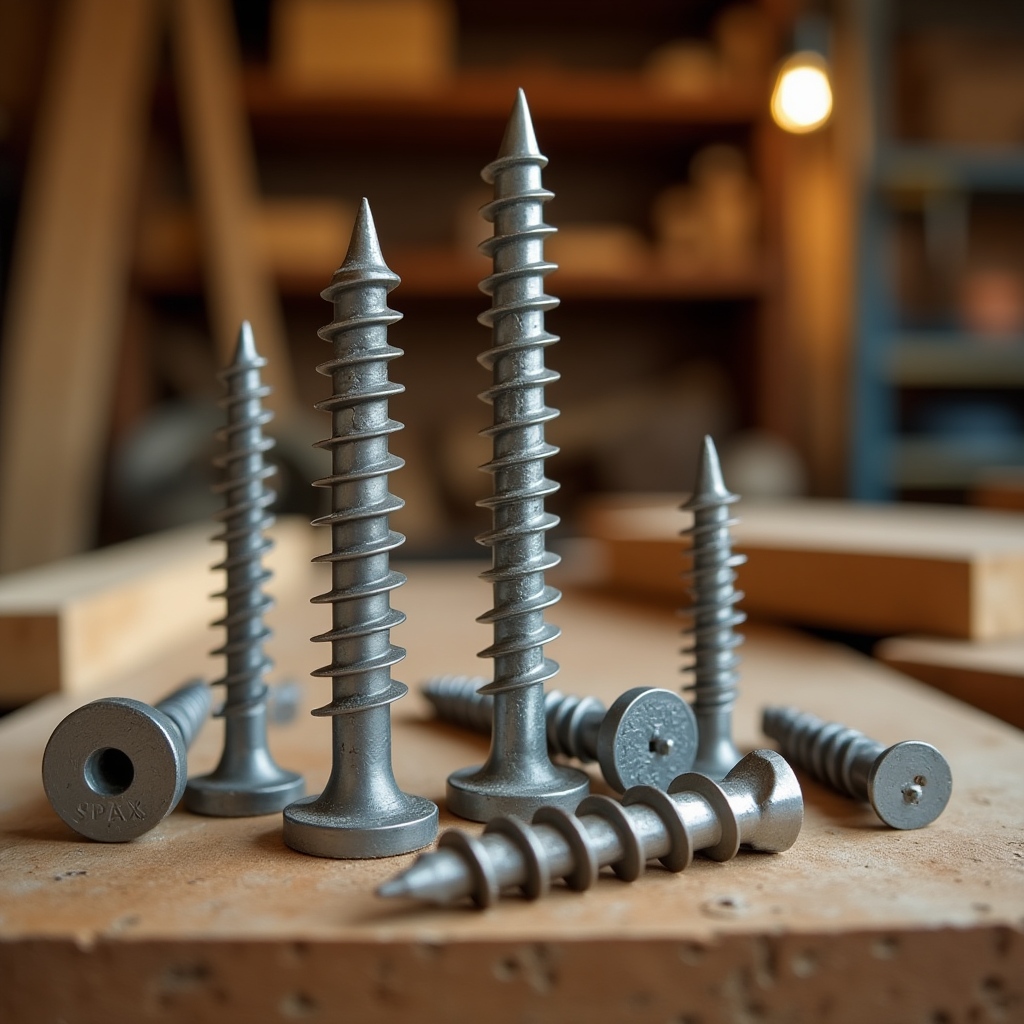




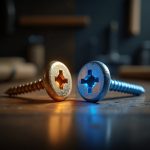

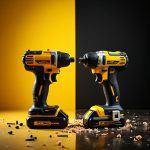
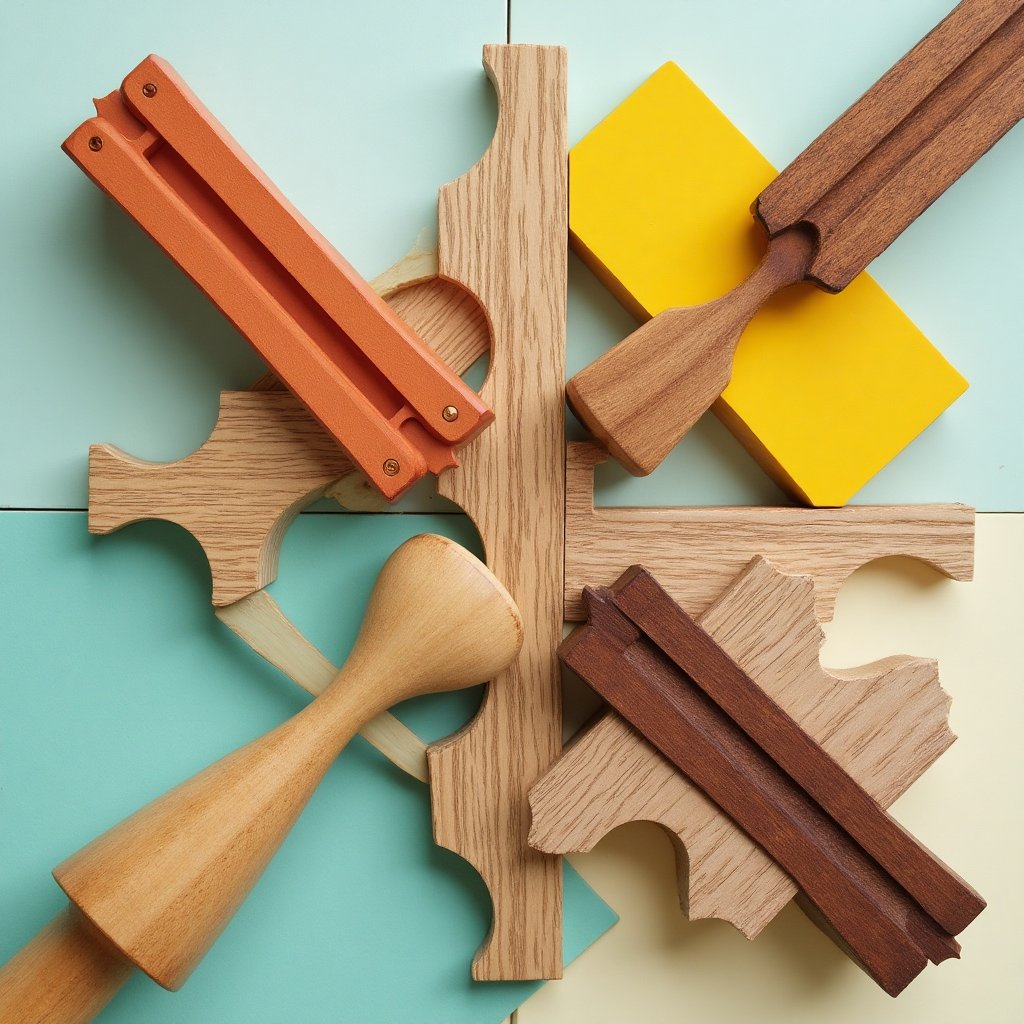
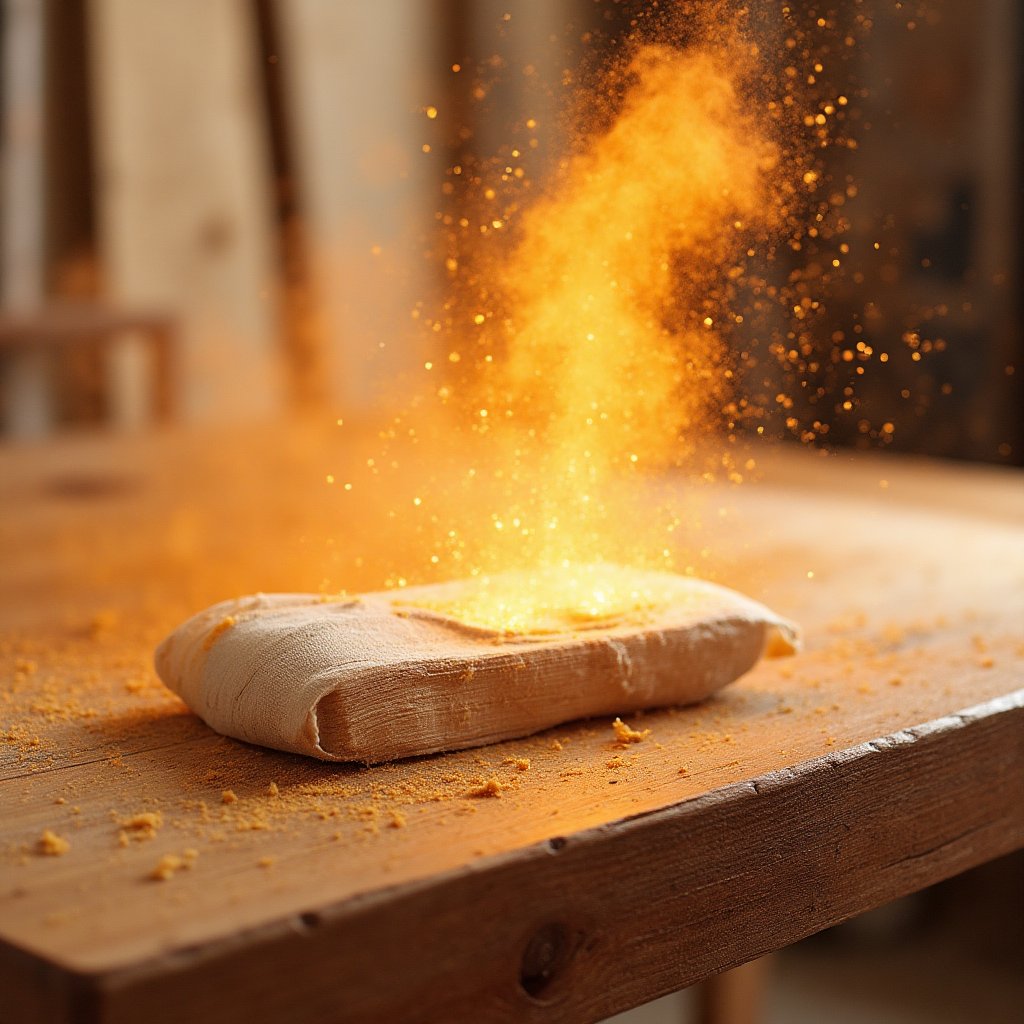
















Post Comment
You must be logged in to post a comment.